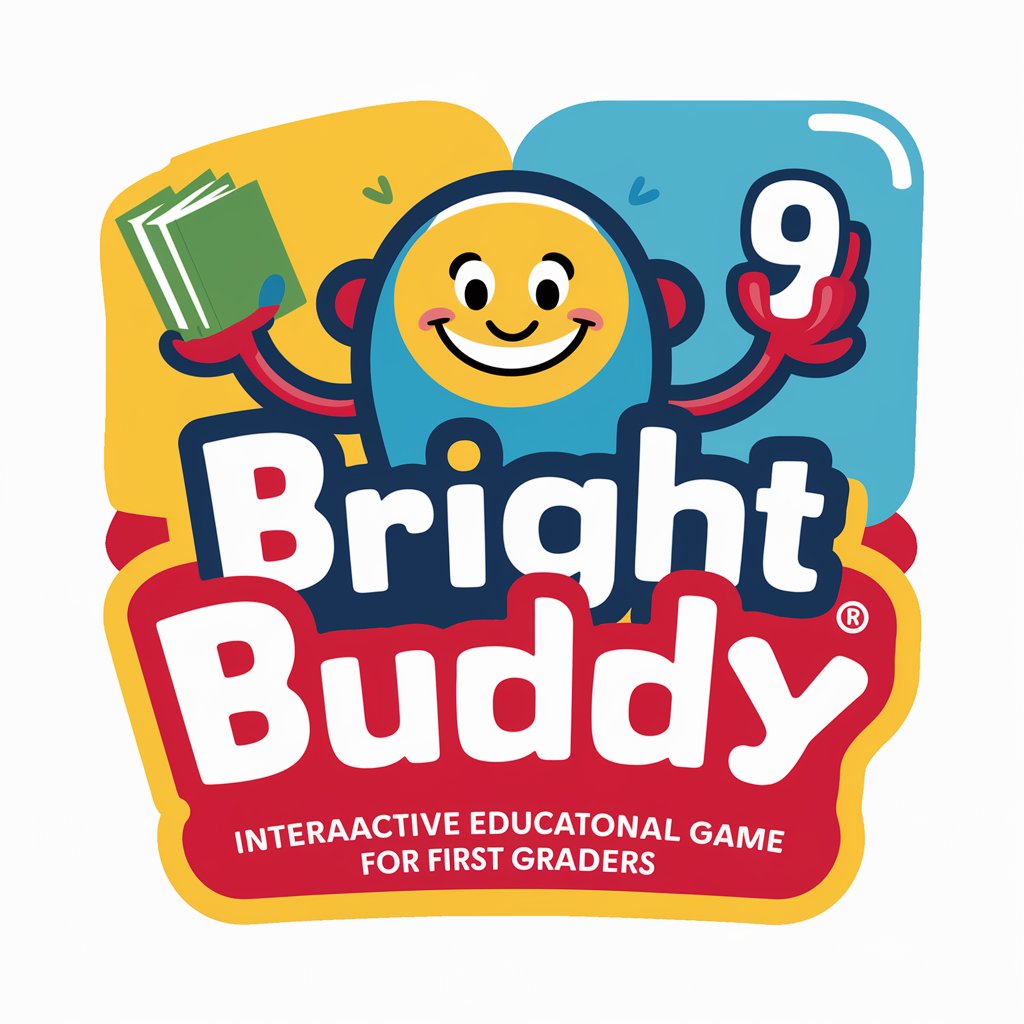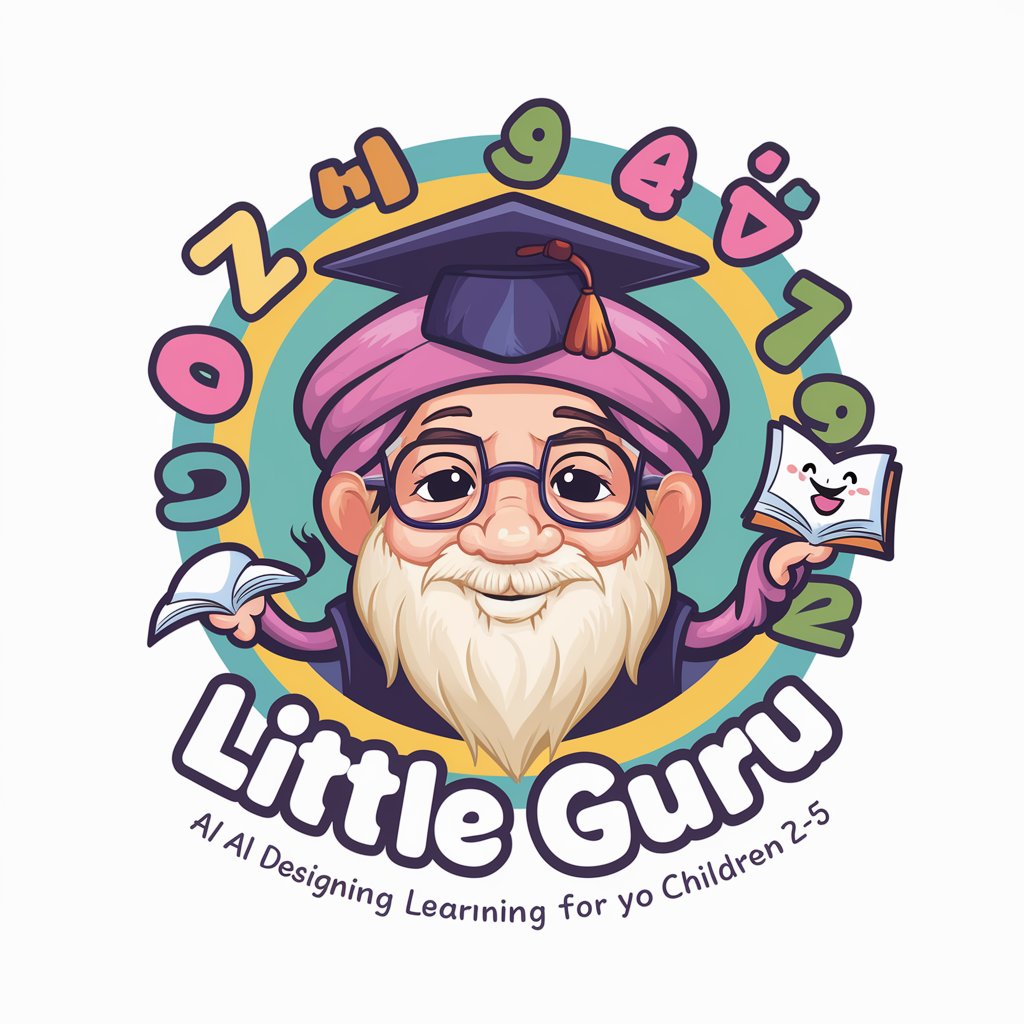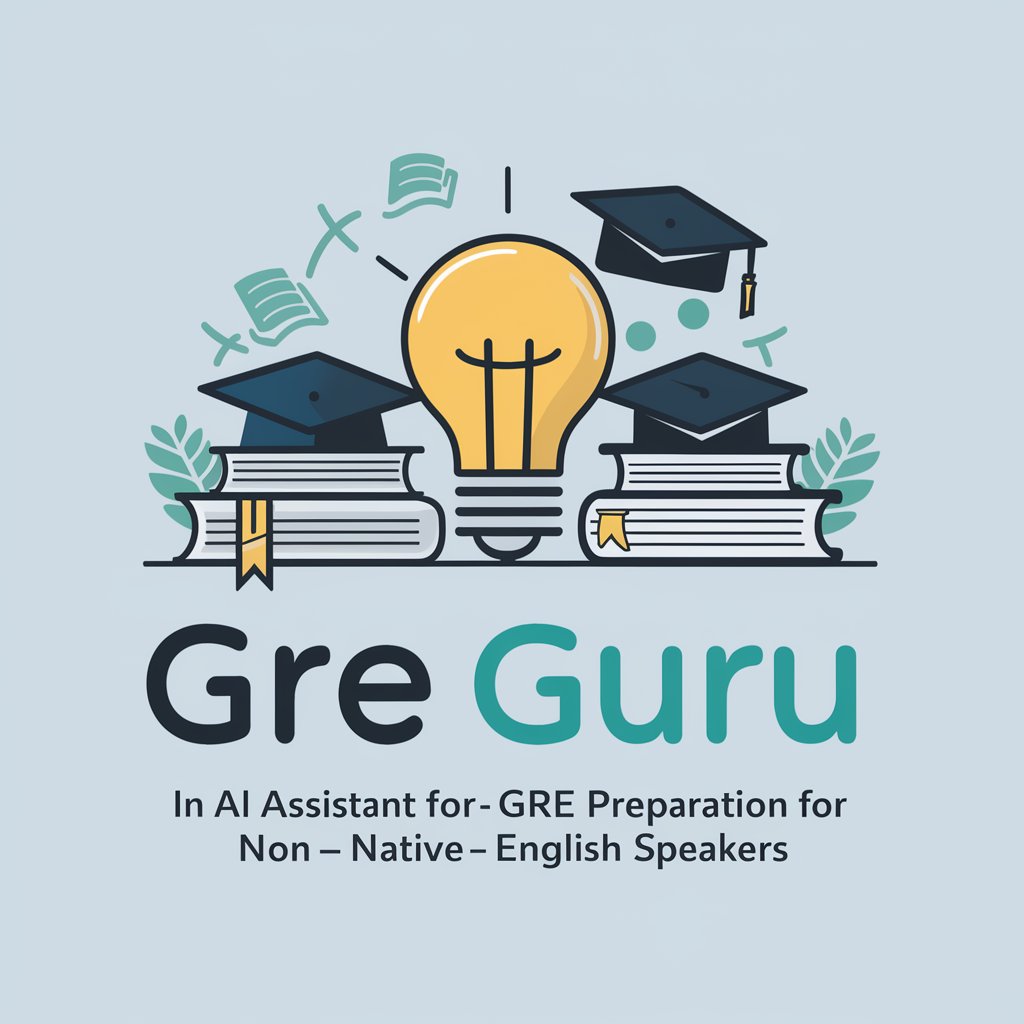6 GPTs for Math Skills Powered by AI for Free of 2025
AI GPTs tailored for Math Skills are advanced tools designed to address a range of mathematical tasks, from simple arithmetic to complex equations and data analysis. Leveraging Generative Pre-trained Transformers (GPTs), these AI models offer specialized solutions that enhance learning, problem-solving, and analytical capabilities in the field of mathematics. They are particularly relevant for adapting to various mathematical challenges, providing precise, efficient, and user-friendly assistance.
Top 6 GPTs for Math Skills are: 扑克24点游戏兼记忆训练辅助,BrightBuddy,Little Guru,Classroom Game Finder,GRE Guru,Dice Duelist
扑克24点游戏兼记忆训练辅助
Enhance Memory and Math Skills with AI

BrightBuddy
Empowering Learning, One Point at a Time

Little Guru
Empowering Early Learning with AI

Classroom Game Finder
Unlock Learning Through Play

GRE Guru
AI-Powered GRE Mastery

Dice Duelist
Roll, strategize, and conquer with AI.

Unique Capabilities and Features
AI GPTs for Math Skills exhibit adaptability and precision across a spectrum of mathematical functions. They can perform simple calculations, solve complex equations, analyze datasets, and even generate graphs or visual representations of data. Special features include natural language understanding, which allows users to input queries in conversational language, and technical support for a range of mathematical notation and concepts. Enhanced with capabilities like web searching for additional resources, image creation for visual learning, and data analysis tools, these AI models stand out for their comprehensive approach to tackling mathematical tasks.
Who Benefits from Math-Centric AI GPTs
The primary beneficiaries of AI GPTs for Math Skills include students, educators, researchers, and professionals seeking to enhance their mathematical understanding or solve math-related problems. These tools are accessible to novices, offering straightforward interfaces and guidance, while also providing advanced features for developers and professionals who require deeper customization or integration into existing systems. Their adaptability makes them invaluable resources across educational levels and professional fields.
Try Our other AI GPTs tools for Free
Card Games
Discover how AI GPTs for Card Games revolutionize game development and strategy with advanced AI technology, tailored to enhance your card gaming experience.
Monthly Horoscopes
Explore AI-powered Monthly Horoscopes: personalized, accurate forecasts leveraging advanced data analysis and natural language processing, tailored for both novices and professionals.
Positive Affirmations
Discover how AI GPTs for Positive Affirmations can personalize motivation and enhance your daily positivity through advanced, user-friendly technology.
Productivity Tool
Unlock the potential of your workflow with AI GPTs for Productivity Tool, your solution to automating tasks, analyzing data, and enhancing efficiency with ease.
Emotional Tracking
Discover how AI GPTs for Emotional Tracking can transform your approach to understanding emotions, offering real-time analysis and insights for a range of applications.
Virtual Therapy
Discover how AI GPTs for Virtual Therapy are revolutionizing mental health support with personalized, accessible, and confidential care online.
Expanding Horizons with AI in Mathematics
AI GPTs for Math Skills are revolutionizing the way we approach mathematics, offering scalable solutions that cater to individual learning styles and professional needs. Their integration into educational systems and research initiatives highlights their potential to enhance productivity, understanding, and innovation. With user-friendly interfaces and the possibility for customization, these tools are setting new standards for accessibility and efficiency in mathematical problem-solving.
Frequently Asked Questions
What exactly are AI GPTs for Math Skills?
AI GPTs for Math Skills are AI-driven tools designed to assist with a wide range of mathematical tasks, leveraging advanced algorithms to provide accurate solutions and explanations.
Can these tools handle high-level mathematical problems?
Yes, these AI models are capable of tackling high-level mathematical problems, including calculus, linear algebra, and statistical analysis, offering detailed solutions and insights.
Do I need coding skills to use these tools?
No, these tools are designed to be user-friendly for individuals without coding skills, providing interfaces that allow for natural language queries and simple navigation.
How do these AI tools adapt to different complexity levels in math?
AI GPTs for Math Skills dynamically adjust their approaches based on the complexity of the task, employing various algorithms and learning resources to address the specific needs of each query.
Can educators integrate these AI tools into their teaching methods?
Yes, educators can leverage these tools to enhance teaching methods, providing students with interactive learning experiences and personalized assistance.
Are there customization options for developers?
Developers have access to advanced customization options, allowing them to tailor the AI's capabilities to specific projects or integrate them into existing systems.
What makes AI GPTs for Math Skills different from regular calculators?
Unlike regular calculators, AI GPTs for Math Skills understand complex queries in natural language, offer step-by-step explanations, and can handle a wider range of mathematical concepts and problems.
Is there support for visual learning?
Yes, these tools often include image creation and graph generation capabilities to aid in visual learning and the understanding of mathematical concepts.